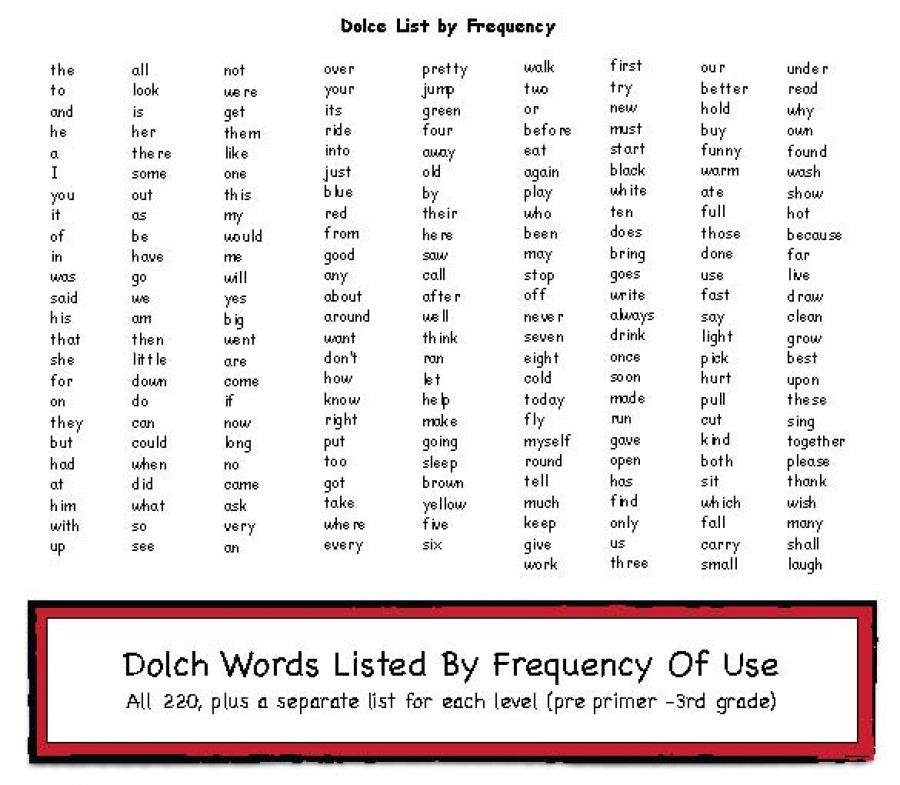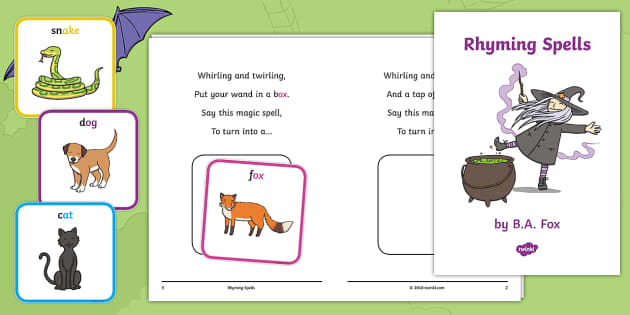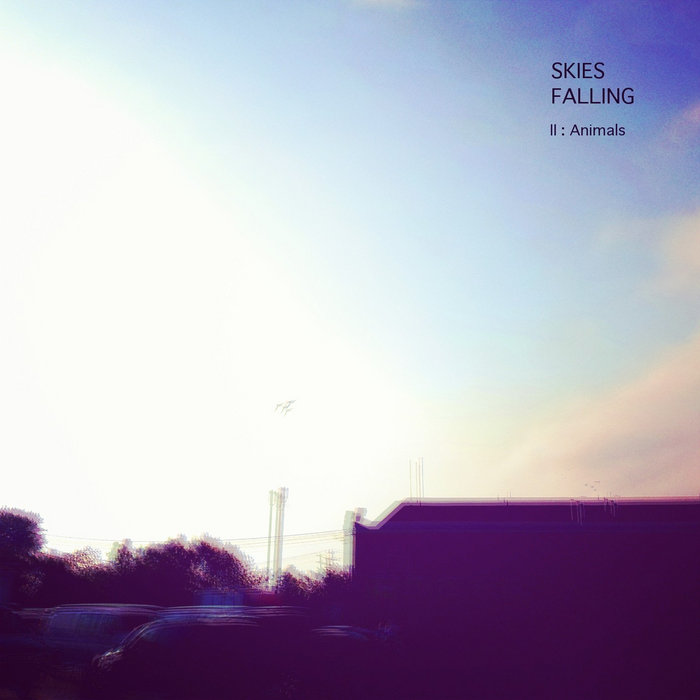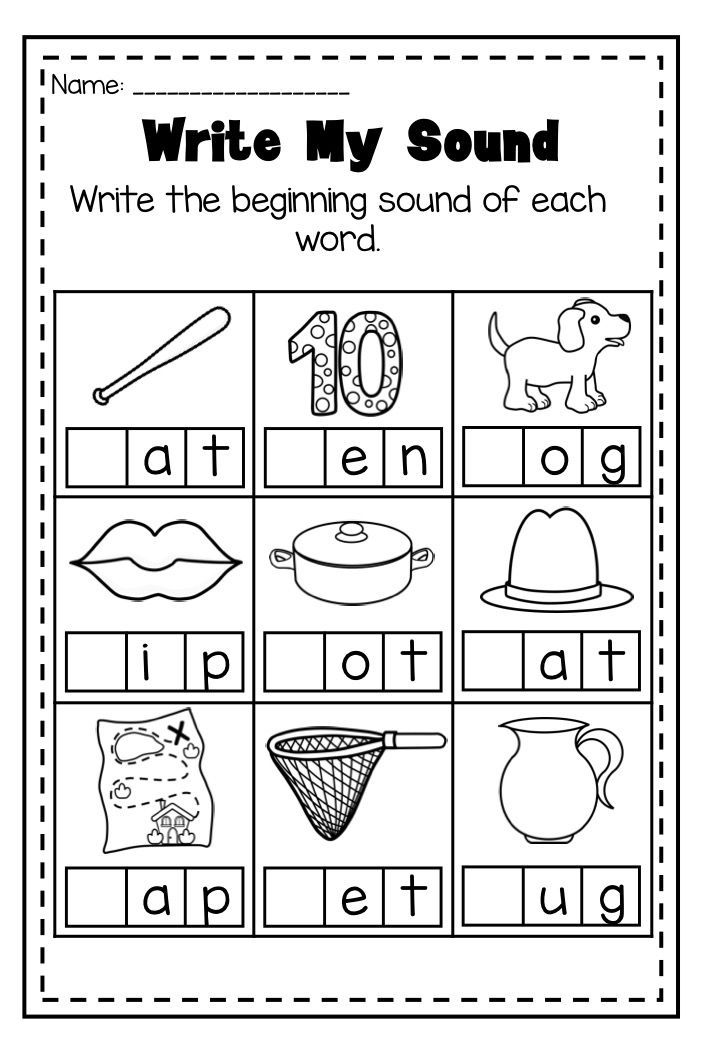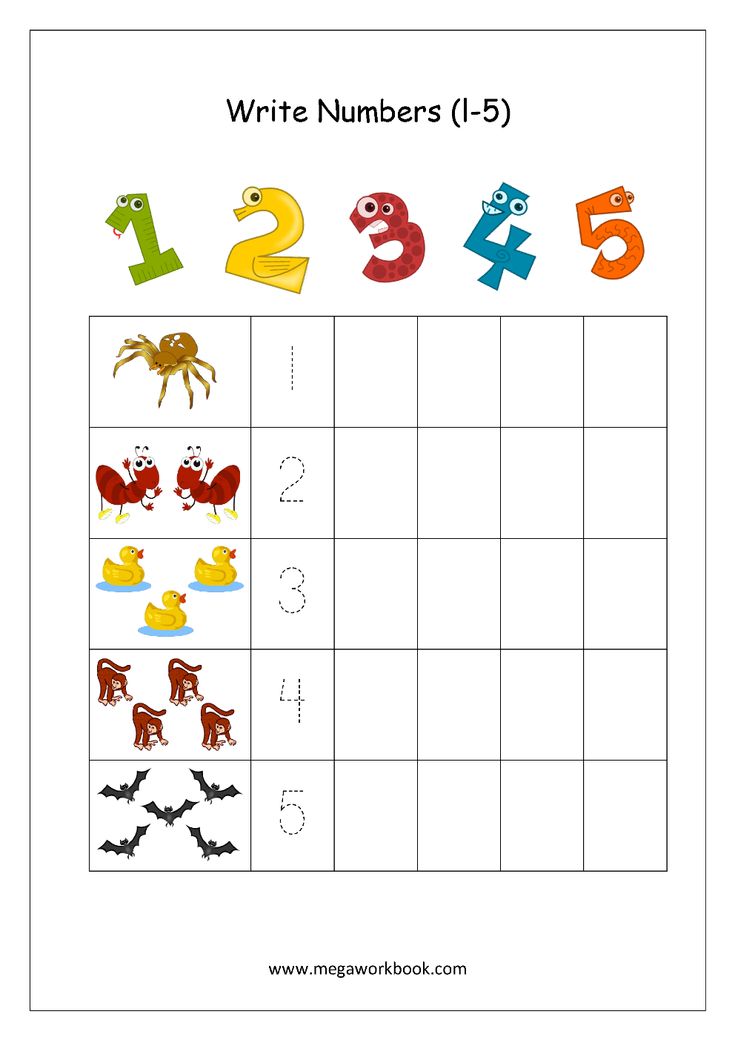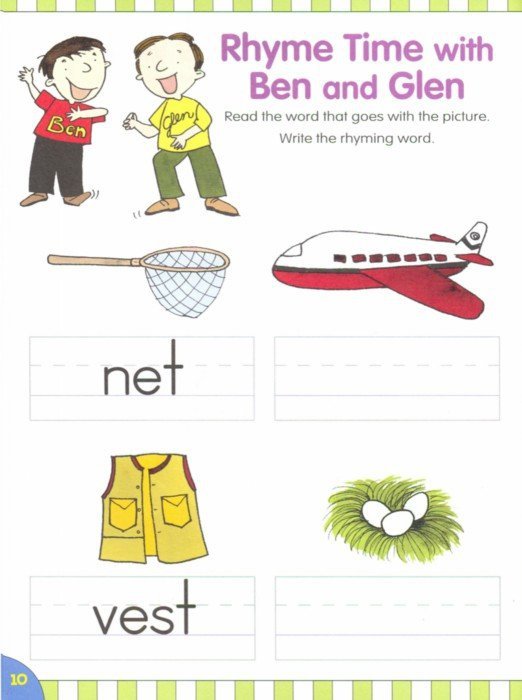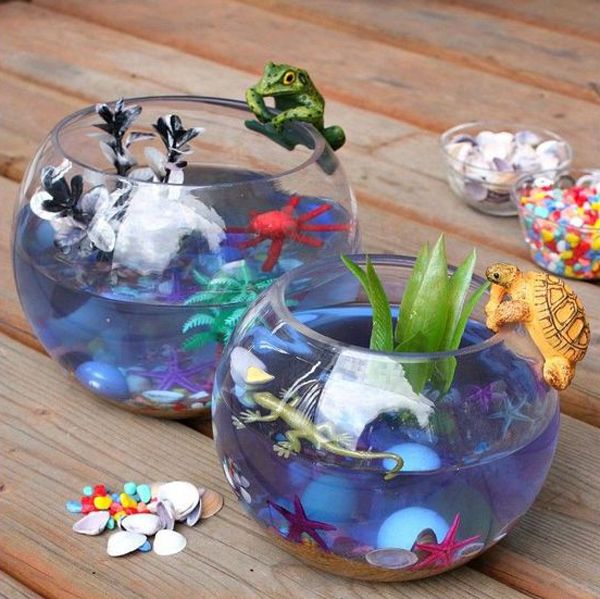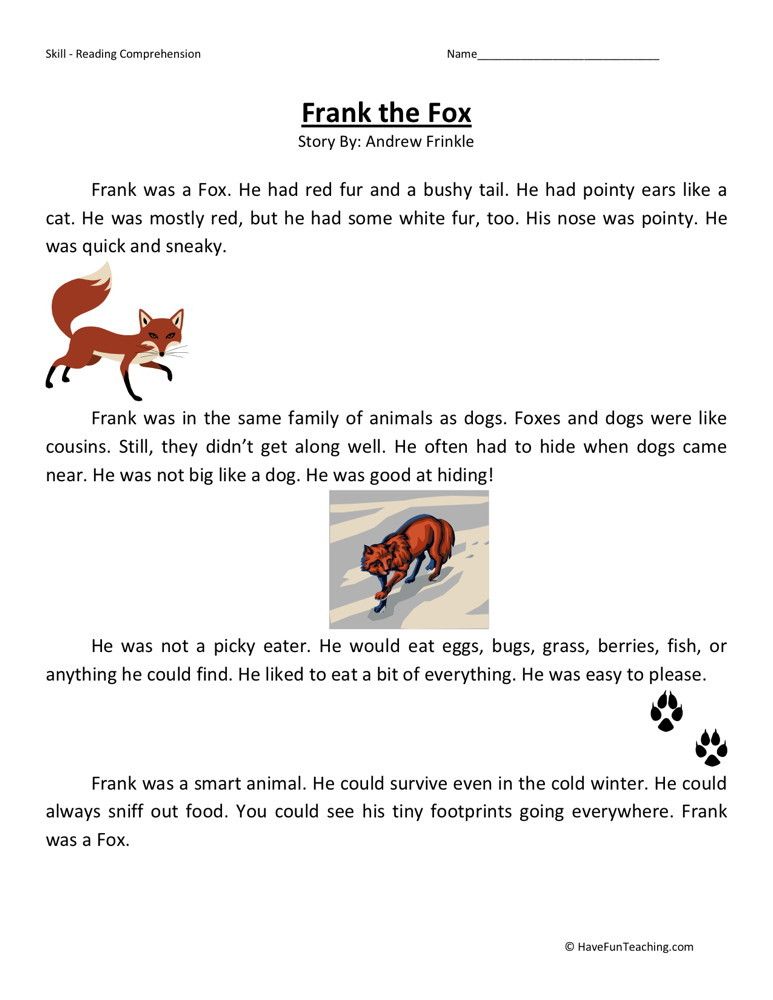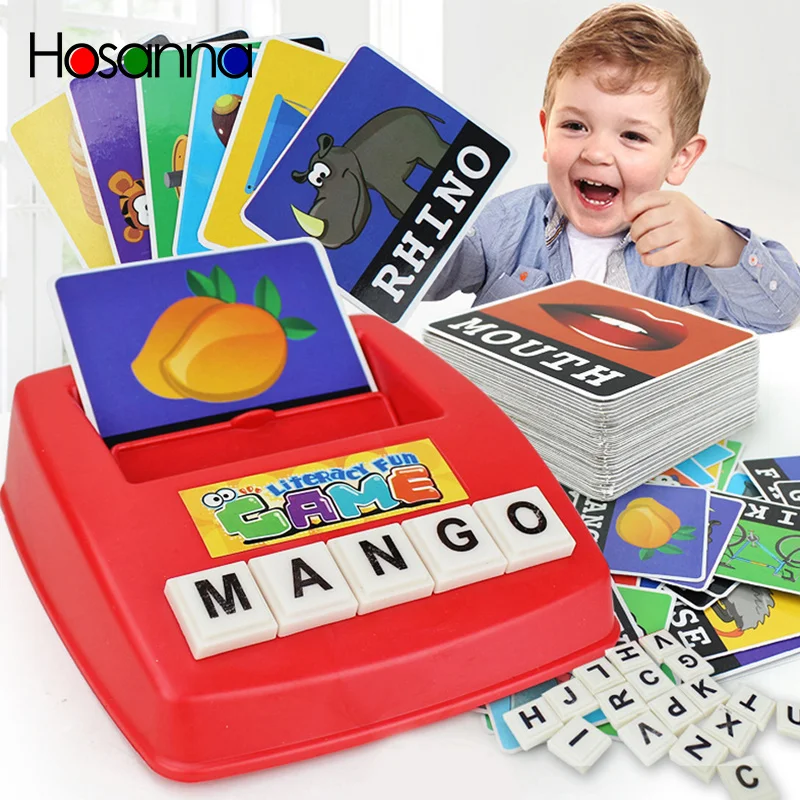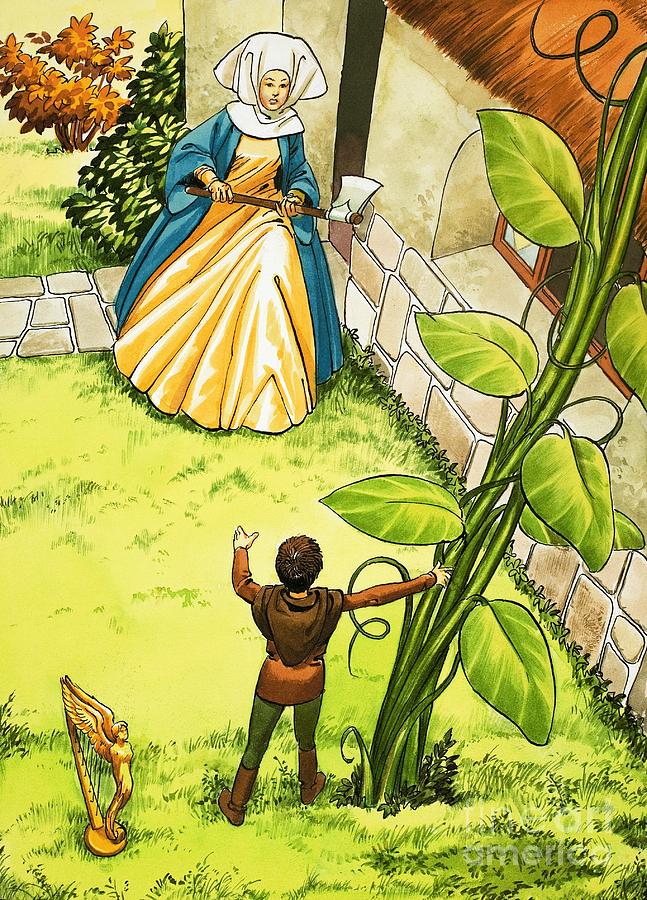What are dolch words
What are Dolch words and how can you teach them?
Haven’t heard of the Dolch list? Don’t worry. If you’ve ever read Dr. Seuss you know a good portion of it already. In fact, every word in The Cat in the Hat is on the Dolch list.
Dolch words are high frequency English vocabulary commonly used to teach children to read. Learning to recognize them automatically can facilitate fluency in reading.
Think of the most common English articles, prepositions, conjunctions, adjectives, adverbs and verbs (a, and, away, big, blue, can, come, down) and you’ll get a good idea of the list.
Who can benefit from Dolch words?
Dolch words, also known as sight words, account for between 50-75% of all vocabulary found in grade school reading material.
However, it isn’t just grade school children who can benefit from learning the Dolch word list.
Individuals with dyslexia and other learning difficulties may find memorizing the list a useful activity because it facilitates the development of reading and spelling skills.
Adults who are struggling readers can also benefit from learning Dolch words. Those students who are learning English as a second or additional language may be tasked with mastering Dolch words in beginner level classes.
Who wrote the Dolch word list?
The Dolch word list was created by Edward William Dolch in 1936 and first published in Problems in Reading in 1948. Dolch worked at the University of Illinois and based the list on the most common words in children’s books at the time.
This was a genre he was familiar with given he wrote and published many collections of stories, including interpretations of Aesop’s fables and even a title today’s Internet would fall head over heels for, I like cats: True cat stories.
Dolch recognized the value in teaching first-grade readers high frequency words without forcing children to memorize a list of 500+ terms.
He narrowed his collection to 220 words and chose to leave nouns off of the list.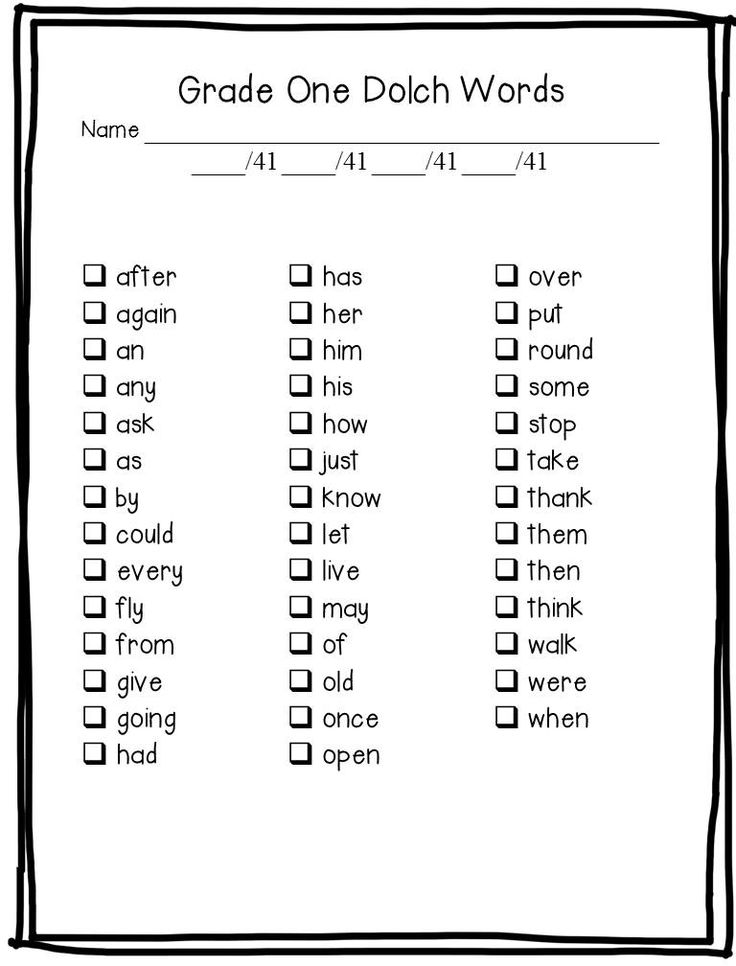 The reason behind this decision was that nouns tend to be related to specific content and the more generic “service” words could be found across many different kinds of books and reading materials, regardless of topic.
The reason behind this decision was that nouns tend to be related to specific content and the more generic “service” words could be found across many different kinds of books and reading materials, regardless of topic.
Dolch later released a list of 95 Dolch list nouns, which can be used in beginning reading instruction as sight words that most facilitate comprehension.
Learn more about teaching children to read and 6 important pre-literacy skills.
Basic sight words in reading
Children who are learning to read at a first-grade level must first decode words on a page. This involves mapping phonemes to graphemes, also known as sounding out words—a challenging activity in English given the irregularity of the language’s spelling.
Dolch recommended that his list be memorized so children could immediately recognize the words they most frequently encounter without having to sound them out.
This recognition process mimics the way we read language as adults.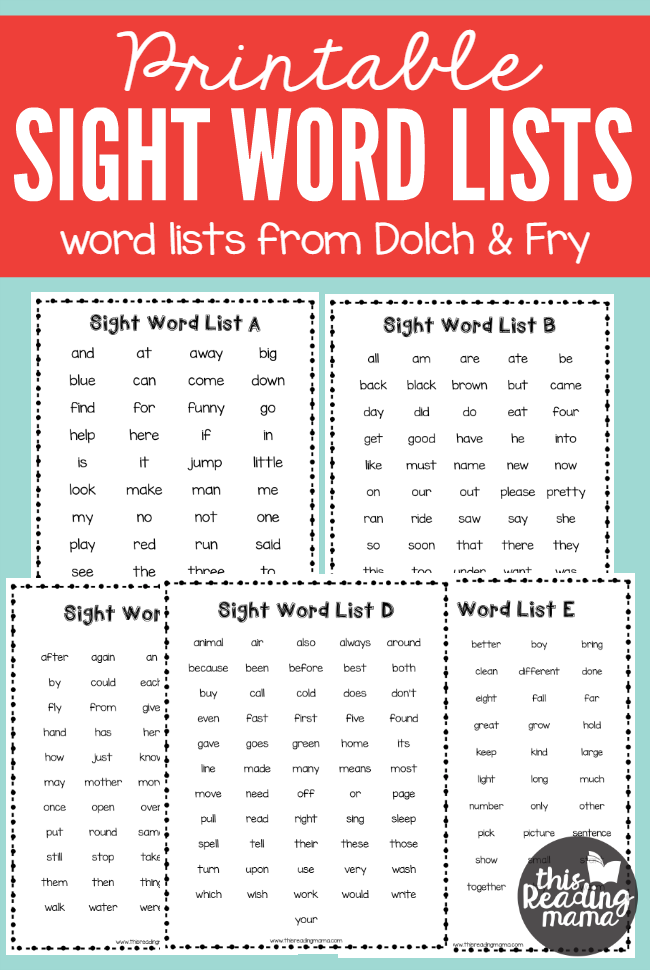
Have you ever been asked to read a paragraph where all of the words are spelled incorrectly? As long as the first and last letters of the word remain intact, the internal letters can be scrambled into any order and it is still possible to read the paragraph normally.
This is because adults do not sound out words, rather they sight read.
Adult reading is about recognizing the collection of letters that make up a word and then scanning the mental lexicon for the best meaning candidate, based on the context in which the word appears and the topic of the text.
Teaching Dolch sight words
While teaching reading to children starts with the decoding process, as children begin to recognize more words, they gradually transition to sight reading. Sight reading speeds up reading and frees up cognitive resources so they can be used to process less frequent vocabulary and enhance comprehension.
TOP TIP: Did you know both in first and second language reading, individuals need to be able to recognize 90% of the words in a sentence in order to make good guesses and acquire new vocabulary from context? (1)
Learn more tips and strategies for teaching sight words.
Dyslexia and sight words
In addition to children and beginner readers, the Dolch word list is particularly helpful for individuals with dyslexia and other learning difficulties.
For people without dyslexia, vocabulary size and literacy skills go hand in hand: reading is the most effective way to build breadth and depth in vocabulary and having a larger vocabulary greatly enhances reading comprehension skills.
Yet dyslexia affects the initial stages of language decoding and can cause learners to struggle with activities involving reading and spelling. Sight reading helps dyslexic students skip the decoding process.
Why Dolch words are hard for children with dyslexia to learn
Individuals with dyslexia may struggle to read even the most frequently encountered words. As Dolch words are often abstract service words, they can be harder for dyslexics to learn to spell compared to concrete nouns, which may be more easily linked to an image or mnemonic device.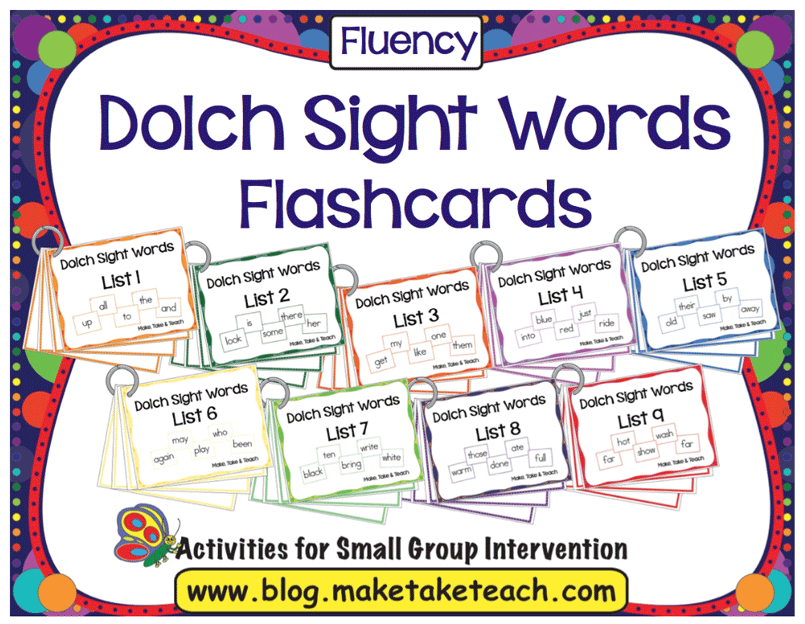
When short term memory is an issue, a strategy for learning Dolch words might involve repetition and multi-sensory teaching.
Touch-type Read and Spell
The TTRS course is a multi-sensory typing program that teaches keyboarding and reinforces literacy skills at the same time. One of the main goals of the course is to enhance frequency of exposure to sight words. They are included in early modules and featured in a specific Dolch words subject.
A learner sees the words on screen, hears them read aloud, and types them. This creates a more lasting and dynamic memory and helps with learning.
Learn more
While TTRS was originally designed to help dyslexic learners acquire typing skills, it can be used to help any child or adult with literacy and typing.
Adult learners and EAL pupils
Learning high frequency words, including Dolch sight words, facilitates reading and listening comprehension skills in adult, EAL and EFL education.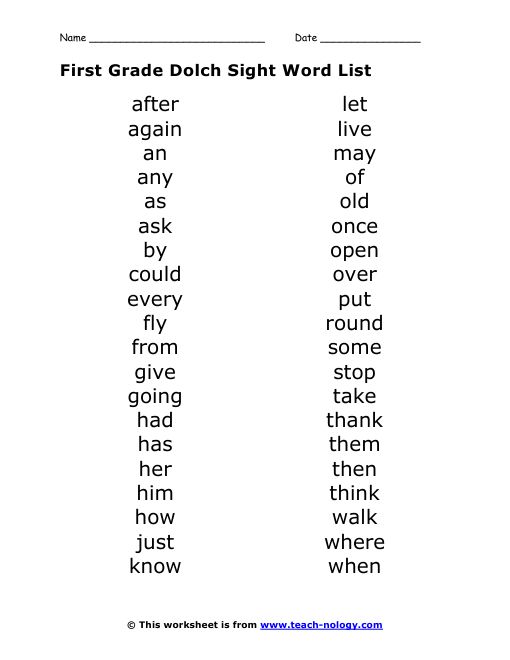
Time is power in reading, and familiarity with sight words allows adults with poor reading skills, as well as English as a second language learners, to read more quickly and focus on the less frequent vocabulary in texts.
Have you studied or taught the Dolch sight words? Please share your experience with us!
References:
(1) Nation, I.S.P. (1997), Vocabulary size, text coverage, and word lists, in Schmitt; McCarthy, Vocabulary: Description, Acquisition and Pedagogy, Cambridge: Cambridge University Press, pp. 6–19.
Dolch Sight Words List | Sight Words: Teach Your Child to Read
All the Dolch sight word lists, divided by grade, also available as printable PDFs.
More
Five techniques for teaching Dolch sight words. Learn proven ways to introduce words, reinforce learning, and correct mistakes.
More
Print a set of Dolch sight word flash cards, or use our generator to create your own custom cards.
More
Print cards and game boards for 18 Dolch sight word games. A fun way to reinforce sight words lessons!
More
The Dolch Sight Words list is the most commonly used set of sight words. Educator Dr. Edward William Dolch developed the list in the 1930s-40s by studying the most frequently occurring words in children’s books of that era. The list contains 220 “service words” plus 95 high-frequency nouns. These words comprise 80% of the words you would find in a typical children’s book and 50% of the words found in writing for adults. Once a child knows this list of words, it makes reading much easier, because the child can then focus his or her attention on the remaining words.
The Dolch words are commonly divided into groups by grade level, ranging from pre-kindergarten to third grade, with a separate list of nouns. There are a total of 315 Dolch Sight Words.
- Pre-K Dolch Sight Words
(40 words)a, and, away, big, blue, can, come, down, find, for, funny, go, help, here, I, in, is, it, jump, little, look, make, me, my, not, one, play, red, run, said, see, the, three, to, two, up, we, where, yellow, you
- Kindergarten Dolch Sight Words
(52 words)all, am, are, at, ate, be, black, brown, but, came, did, do, eat, four, get, good, have, he, into, like, must, new, no, now, on, our, out, please, pretty, ran, ride, saw, say, she, so, soon, that, there, they, this, too, under, want, was, well, went, what, white, who, will, with, yes
- First Grade Dolch Sight Words
(41 words)after, again, an, any, as, ask, by, could, every, fly, from, give, going, had, has, her, him, his, how, just, know, let, live, may, of, old, once, open, over, put, round, some, stop, take, thank, them, then, think, walk, were, when
- Second Grade Dolch Sight Words
(46 words)always, around, because, been, before, best, both, buy, call, cold, does, don’t, fast, first, five, found, gave, goes, green, its, made, many, off, or, pull, read, right, sing, sit, sleep, tell, their, these, those, upon, us, use, very, wash, which, why, wish, work, would, write, your
- Third Grade Dolch Sight Words
(41 words)about, better, bring, carry, clean, cut, done, draw, drink, eight, fall, far, full, got, grow, hold, hot, hurt, if, keep, kind, laugh, light, long, much, myself, never, only, own, pick, seven, shall, show, six, small, start, ten, today, together, try, warm
- Noun Dolch Sight Words
(95 words)apple, baby, back, ball, bear, bed, bell, bird, birthday, boat, box, boy, bread, brother, cake, car, cat, chair, chicken, children, Christmas, coat, corn, cow, day, dog, doll, door, duck, egg, eye, farm, farmer, father, feet, fire, fish, floor, flower, game, garden, girl, goodbye, grass, ground, hand, head, hill, home, horse, house, kitty, leg, letter, man, men, milk, money, morning, mother, name, nest, night, paper, party, picture, pig, rabbit, rain, ring, robin, Santa Claus, school, seed, sheep, shoe, sister, snow, song, squirrel, stick, street, sun, table, thing, time, top, toy, tree, watch, water, way, wind, window, wood
- All Dolch Sight Words by group
- All Dolch Sight Words in alphabetical order
Leave a Reply
30 funny words from Dahl's dictionary
30 funny words from Dahl's dictionary
In Vladimir Ivanovich Dahl's famous "Explanatory Dictionary", there are not so many "live" words left: some concepts are outdated as unnecessary, while others have received modern synonyms.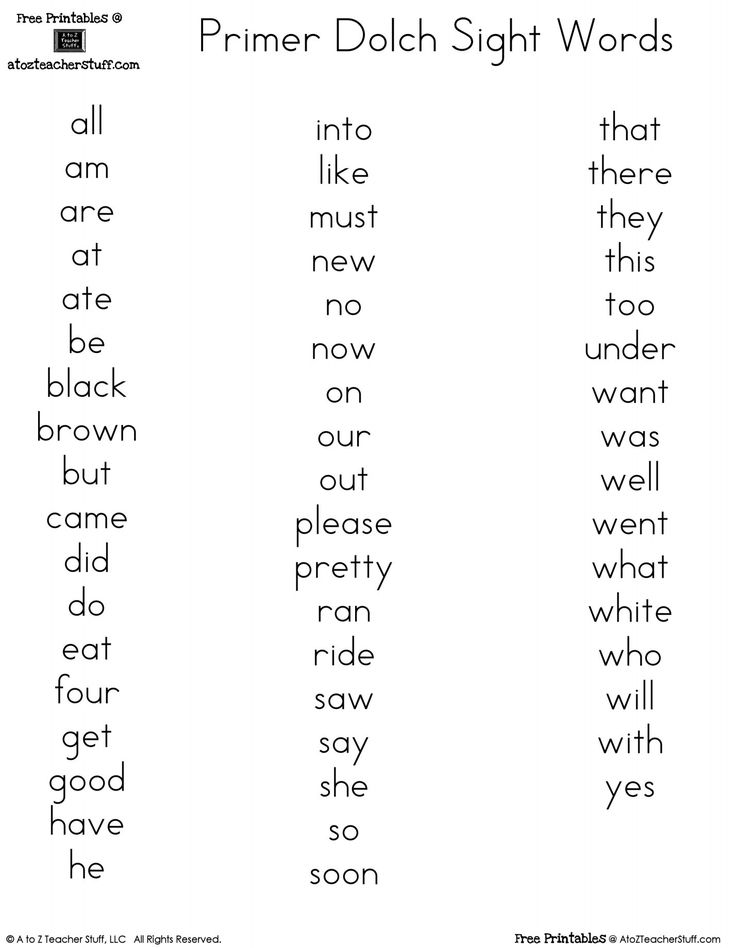
SVOY has published such sonorous Russian words that could enrich our daily life if only we remembered them.
1. PIPKA, PIPITSA
- smoking pipe, pipe, pipe, pipe, inserted into something
“My grandmother is smoking a pipka!”
2. KHABARA
- profit, profit or bribe
A deputy was detained in Moscow for swag.
3. MIMOZYRYA
- idler, onlookers
Mimozyry surrounded the scene of the accident.
4. KHUKHRYA
- unkempt, disheveled, messy
Don't be a khuhrya!
5. WEEKEND
- eager for beer, mash, booze
Oktoberfest this year will bring together bikers from all over the country.
6. YAGA
- fur coat, sheepskin coat with a folding collar
This season, yagi is above the knee.
7. CIP
- towel, cloth for cleaning, wiping
Scourer, slippers and other bath accessories included in the price.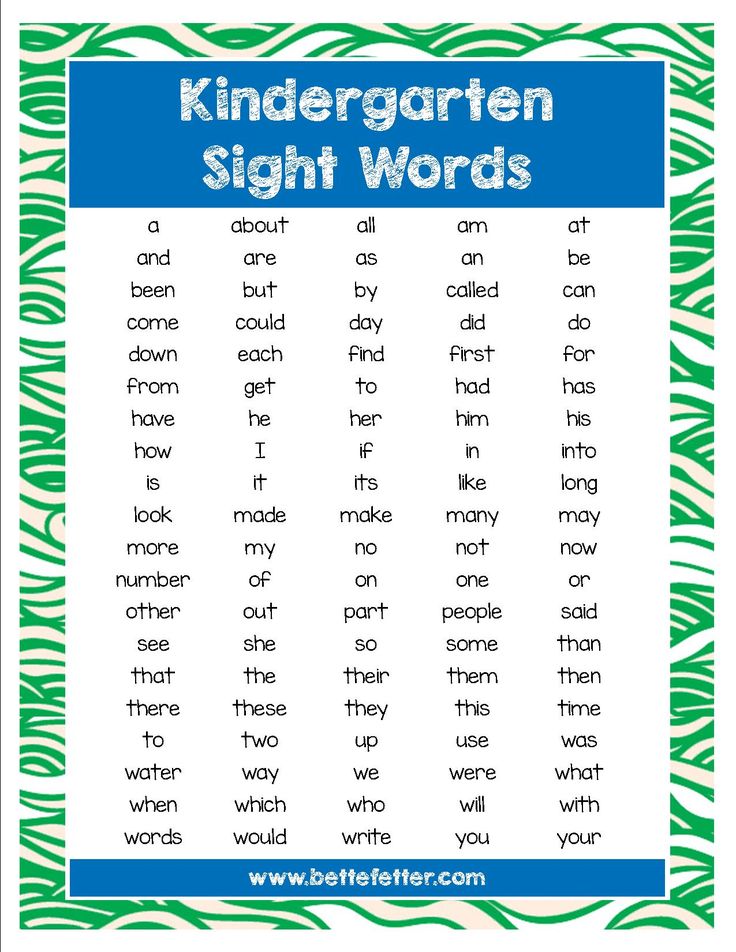
8. MOISTURE
— saturated with moisture, wet, damp, damp, watery
Moist business.
9. ALCA
- to starve, to be hungry, to languish in hunger; want to eat, call for food, howl, food
To lose weight, you need to start to be hungry.
10. ANCHORET
— hermit, wanderer, hermit, hermit
An anchorite appeared in our friendly team.
11. YAKHONT
— ruby. Yakhont blue, blue — sapphire
The main exporting countries of yachts are Myanmar, Thailand and Sri Lanka.
12. Yuzilische
- prison, dungeon
Yuzilischny romance .
13. WHISPER (WHISPER)
- slanderer, snitch, earpiece. Whispering - girls' conversation
All whisperers will be punished!
14. UZHIK
- relative, relative, relative, relative, relative; relative, relative, related by ties of kinship, properties
At dinner, the snakes served chicken tobacco.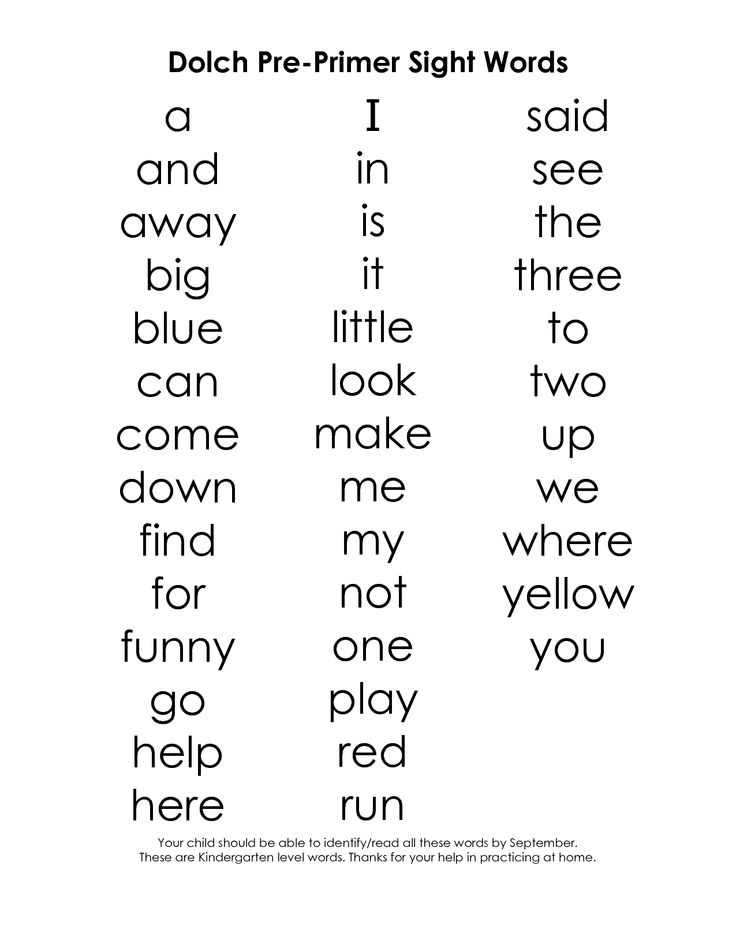
15. TONYA
- fishing, fishing camp, brothel, camp, fishing; fishing
Tonya in Astrakhan: photo reviews, information.
16. TOROK
— gust, wind blow, squall
They promise wind torrents with a speed of 3 meters per second.
17. MARKET
- import, market, bazaar, place of sale and purchase
At the Dorogomilovsky marketplace you can buy at least a bald anchut.
18. ANCHUTKI
- devils, demons
He drank himself to the anchutki.
19. TITLA
— title, title, title of the book
The title of the book caused shock and numbness.
20. TALENT
— happiness, luck, fate, fate, profit
Our company is waiting for a great talent.
21. Okokovel
- to become stiff, cool, freeze, get stronger from the cold
Okokovel from expectation.
22. SUPR
- dispute, litigation, struggle, bickering
Truth is born in supra.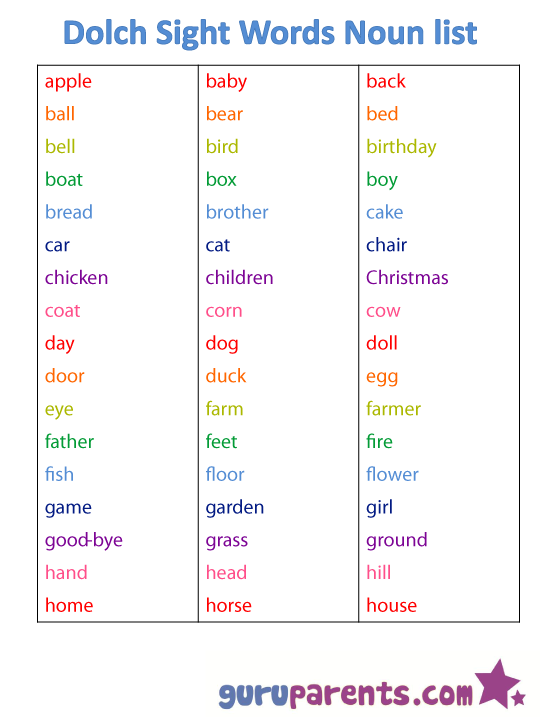
23. STUDENT
- a well, a well, a kuduk, a key from the earth, a spring
They dug a student into twelve rings.
24. STRANGE
- a stranger, a strange person, an eccentric, unsociable, wild, stupid, fool
There are many countries!
25. NAOPAKO
- vice versa, inside out, inside out, back, opposite, opposite, back; wrong, inside out
Shivoro-naopako.
26. MALE (MUSH)
- a married woman.
All girls dream of becoming men.
27. AMATEUR
- amiable, friendly, friendly, friendly
She looked at him lovingly and tenderly.
28. KOZLODER
- poor singer, with a nasty, high, hoarse and trembling voice
Pop music - the industry of goats.
29. STAR READING
— astrology, astrology
Practical star reading.
30. MISCELLANEOUS
— lustful, prodigal, voluptuous
Scandalous misogynist novel — soon on sale!
(Source: svoy.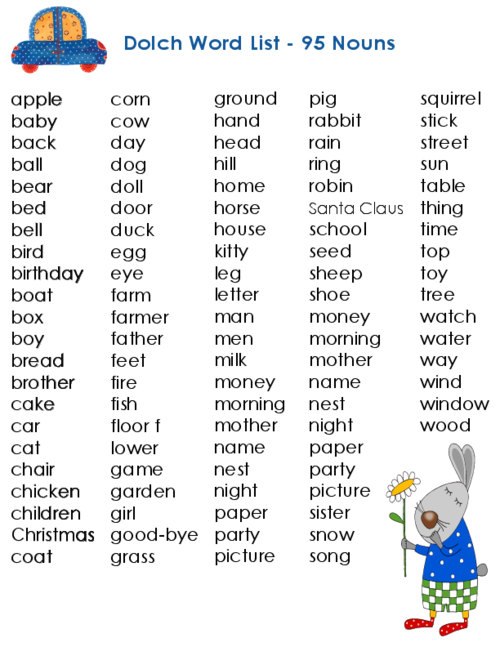 ru)
ru)
- callirhoe reblogged this from ruslanguage
- marikonna-blog liked this
- adventures-in-saint-petersburg reblogged this from ruslanguage
- kilamov reblogged this from ruslanguage0252
81 annoying expressions in Russian City 812
Writer and philologist Andrei Astvatsaturov compiled a list of words and expressions in Russian that are most annoying. Friends and readers of Astvatsaturov helped in compiling the list. We asked to comment on the “list of annoying words” of the professor of the Russian language department of the Faculty of Philology of the Russian State Pedagogical University. Herzen Valery Efremov.
- In the list of annoying words there are anglicisms "car sharing", "engineering". What's bad?
- The word "car sharing" is unpleasant for the Russian ear, all these r-sh-r. Moreover, in English it sounds simpler: kasherin. It is a pity that we did not find an analogue for this word: the word "rent" will not work here.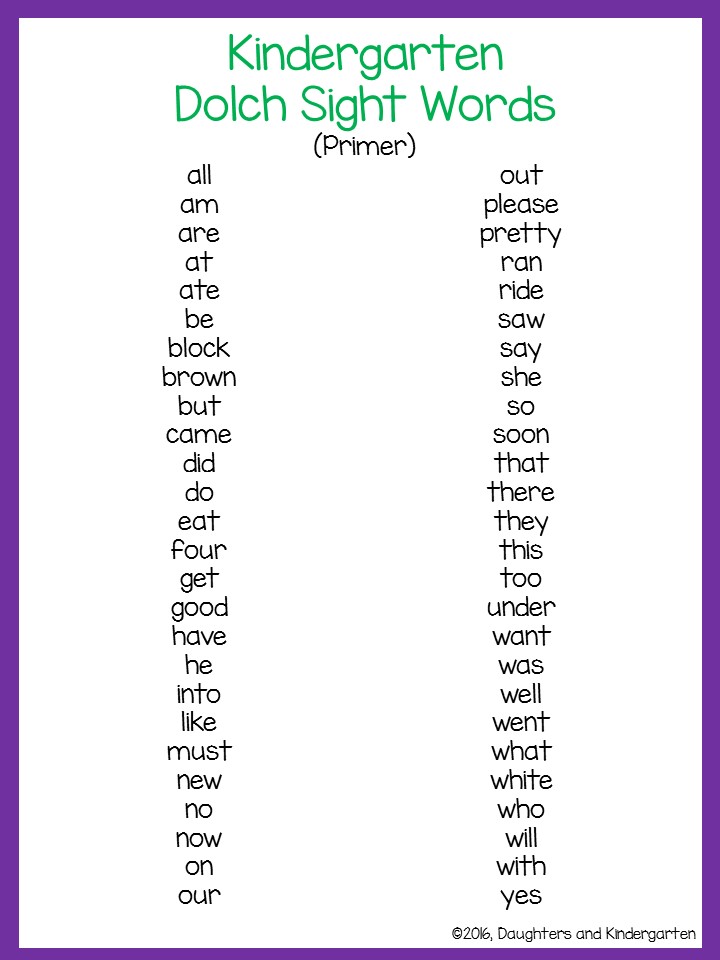 Russian people do not like ing endings at all - they are perceived as barbarisms, because we do not have such a sound. We do not say "boxing" - only "boxing" remains. And curling is also hard to take root.
Russian people do not like ing endings at all - they are perceived as barbarisms, because we do not have such a sound. We do not say "boxing" - only "boxing" remains. And curling is also hard to take root.
– Shopping has taken root.
- Shopping should be left in the dictionaries, because there is such a phenomenon, and it needs a name. After all, shopping is not just a sale and purchase transaction, but a pastime - walking around the store and studying the offer. You can shop all day and not buy anything. If the phenomenon disappears (according to an optimistic forecast - due to Internet commerce, and according to a pessimistic one - due to a return to the Soviet past), then a word will not be needed.
The word “tolerance” is necessary and important. In Russian, it is not a synonym for the word "tolerance", although it is an exact translation of it. In our understanding, tolerance is an agreement to put up with some phenomenon, while grimacing with annoyance.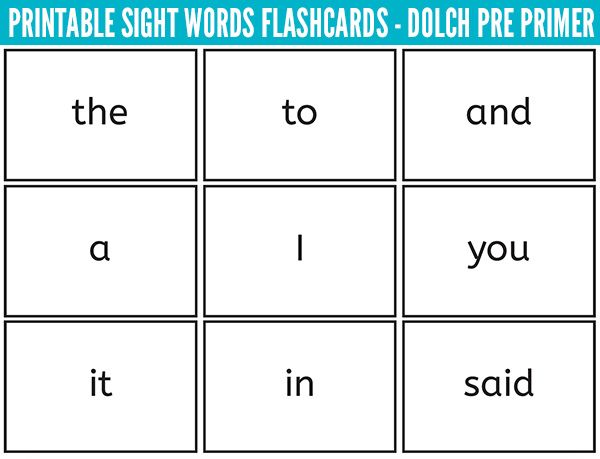 The word "tolerance" does not contain this bad component.
The word "tolerance" does not contain this bad component.
- And the bow, that is, look, in the meaning of "image"?
- It was the hipsters who replicated it. I myself do not like this word, it most likely will not take root. Because this word is already overloaded with meanings: onion is a weapon and onion is a plant. Plus homophone - meadow.
– What about the foreign words “enjoy your coffee” or “make love”?
- The phrase "enjoy your coffee" is both advertising and tracing paper. From American English. It sounds really very pompous, because you can enjoy the music and the picture. These are very strong feelings. It is ridiculous and vulgar to enjoy milk or another drink.
“Make love” is the well-known hippie slogan Make love not war. Or maybe a literal before from French - there is also the expression faire l'amour. The phrase irritates many - and all because our language does not have words for reproductive practices.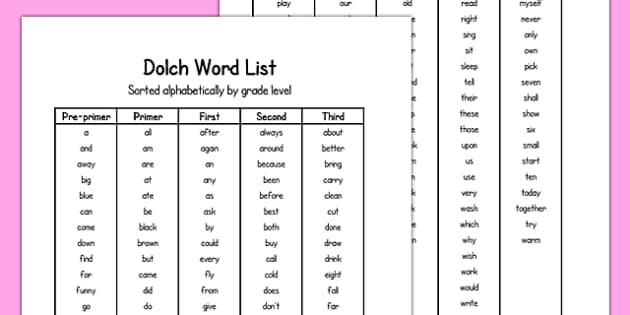 "Practices", by the way, were also on the list. Do not use the verb "copulate" for us, it is even worse. But the verb "to engage" was also eventually vulgarized. Love is not dancing or mathematics, and it is impossible to do it. The same can be said about self-development.
"Practices", by the way, were also on the list. Do not use the verb "copulate" for us, it is even worse. But the verb "to engage" was also eventually vulgarized. Love is not dancing or mathematics, and it is impossible to do it. The same can be said about self-development.
- Listed ad words: "design inspired by nature", "great choice!", "impossible to overestimate", "meet the new soap".
- The language of advertisers is terribly far from Russian. A lot of cripples, a lot of anthropomorphic games: when inanimate objects are presented as animated. Remember the joke: now we know what toilet germs look like? You can meet a dear guest. Equating soap with it means destroying not even linguistic, but worldview positions.
– What annoys you about the announcement in the subway “Don't forget your things”?
– Announcement of one's belongings is annoying because: a) things are forgotten, of course: not children; b) of course, their own, but grandmother's.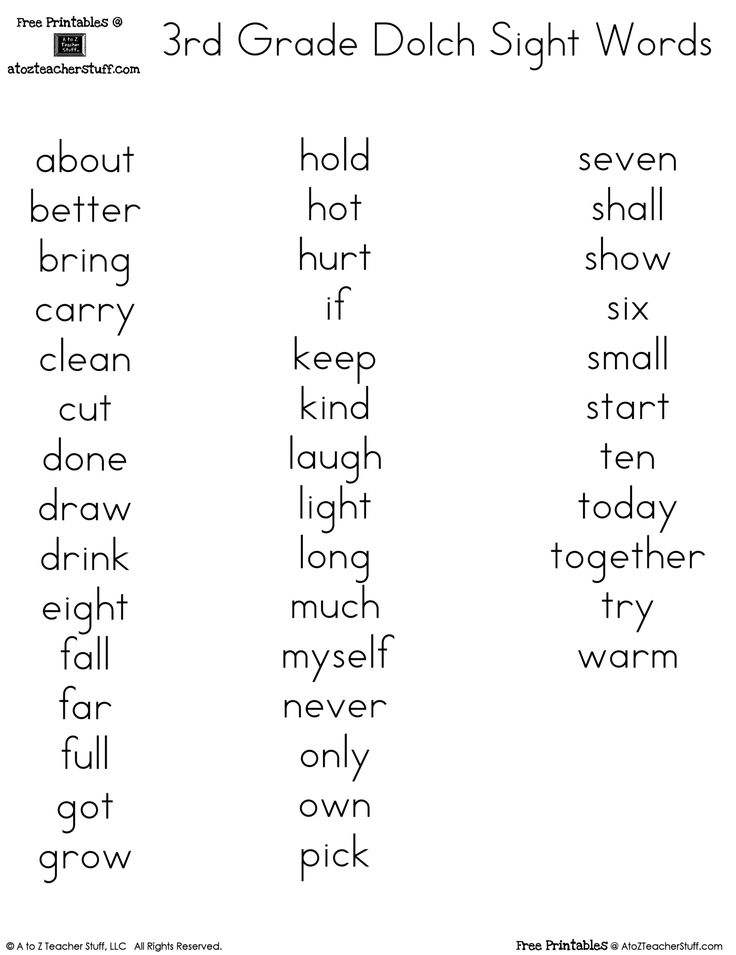
- But pleonasms, that is, excesses - “very beautiful”, “the most optimal”.
- For glamorous chicks, such phrases look natural, but it's better to speak correctly.
These same chicks like to use the words “positive” and “more positive” - but they are extremely annoying, because they violate the very canons of word formation. I still remember how they tried not to use the words “negative” and “positive” even when referring to photographs. They said: a positive picture and a negative picture. And now the “positive” has taken on a life of its own and has acquired pretexts. It sounds both illiterate and slangy.
In the same row are the words "functional" and "extreme" - typical examples of adjective nouns that are formed from adjectives. In Russian, this was not accepted until the end of the twentieth century. First came the word "electric". Okay, “electric train” is a really long time. Then - a "postcard" instead of an open letter. And then - it rushed, one notion after another.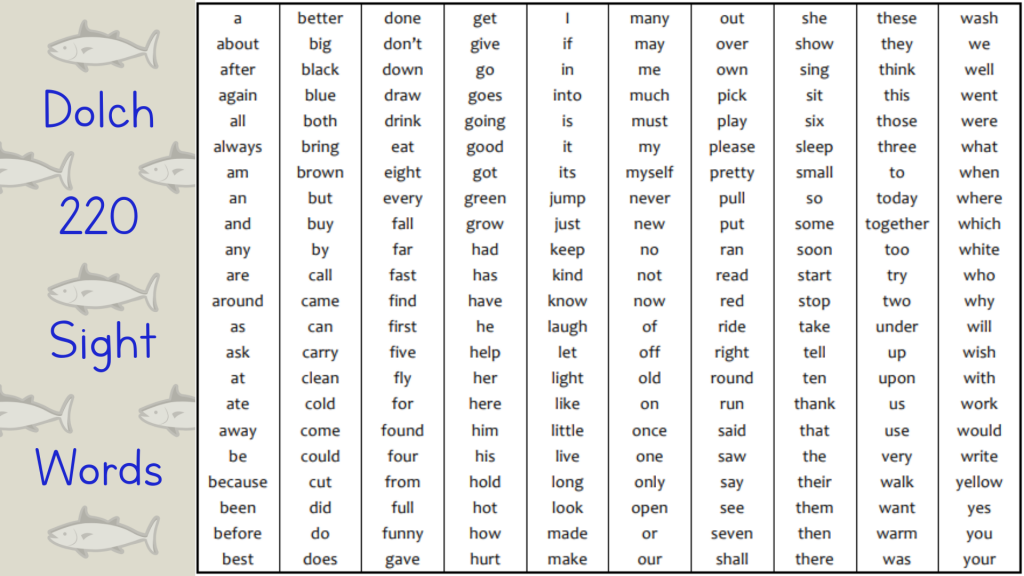
Defense industry, milk, stationery - I'm not afraid of this word, it's just rubbish. One Russian mademoiselle recently boasted to me that she had a rest "on Lazurka".
By the way, the word "notion" that I used here does not evoke such emotions. Because it comes from a verb.
– What is wrong with “good time of the day”, “a lot of facts”, “I am like this”?
- All of these phrases sounded good when they were spoken for the first time, but eventually wore out.
- Really annoying - "how much", "m you have prepared various activities for you", "smiled".
- This is simple illiteracy. There are words that cannot be used in the plural - but are used. And in general, no matter how hard the animators try, activities cannot be prepared. In the same list, there is the phrase “You have beautiful hair” - this is the opposite mistake. Yes, hairdressers like to say so - but not only.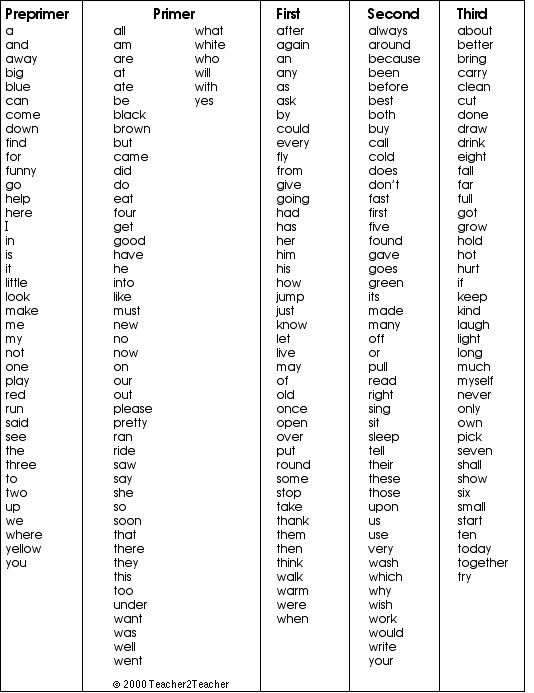 I myself heard that in the Vologda region they can make a compliment - say: "What a beautiful hair you have." But maybe it really shouldn't be dragged into everyday speech.
I myself heard that in the Vologda region they can make a compliment - say: "What a beautiful hair you have." But maybe it really shouldn't be dragged into everyday speech.
The word "exciting" in the meaning of "exciting" is by no means less than a hundred years old. This is acting slang, the same as the expression "I serve in the theater." But people in the public may not like the word. Like the word “masterpiece”, because a masterpiece is always unique and priceless and cannot be used as a tuning fork.
The word “smiled” also smacks of an attempt to scale emotions. It seems like it didn’t please and didn’t delight, but just like that, it accidentally smiled. With some stretch, we can say that the joke smiled at that child, but they use something in the meaning of “smiled me,” and this is no longer in any way.
- Is the combination "deliciously written" (it's on the list) really bad?
- "Tastyly written" - this kinesthetic metaphor looks quite decent, if not abused.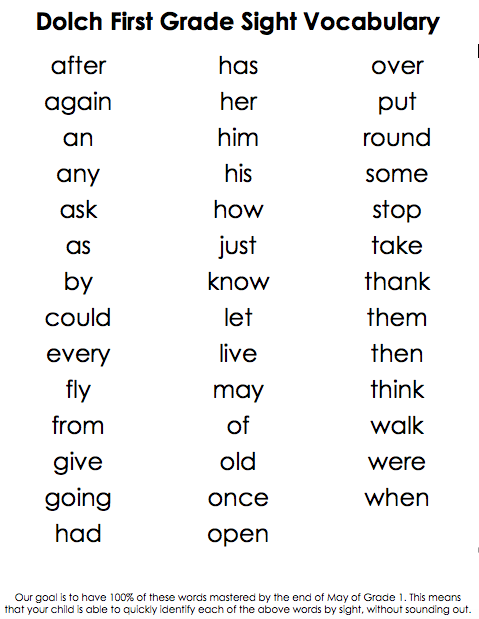
- Phrases, apparently annoying with servile intonations: “What can I do for you?”, “What else for you?”
– The intelligentsia has always been jarred by this picture: a waiter in a rigid deflection and with a towel over his elbow. Here it should be remembered that in the Soviet years we did not have a service as such. The waiters did not have their own tactics and turns. When the time came for high-quality catering and the employees began to be kind, a gap arose in words and expressions. It needed to be filled. You could leave "whatever you want", but replaced it with "what can I do for you."
- “On a call”, “I got hooked on this music”, “on the go” - what kind of mistake would you classify?
– Why do people say a deliberately illiterate phrase? First, the regional dialect can manifest itself in this way. Secondly, the preposition "on" has an increased productive activity. Regardless of the content, the phrase is very weighty.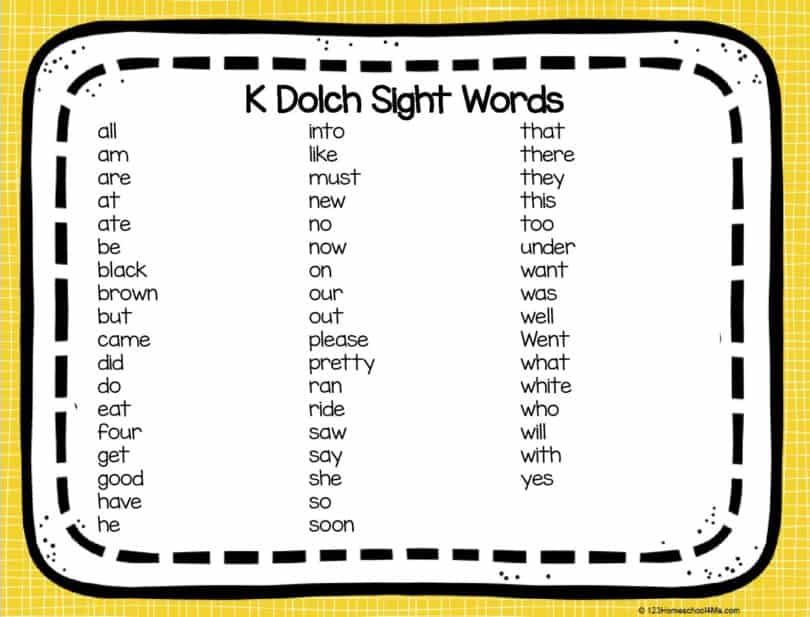
I don’t like the word “chuyka” from the list: it smells like thieves’ slang (by the way, it is not in the dictionaries of prison jargon. – N.A. ). The word "kid", first mentioned in Makarenko's Pedagogical Poem, carries a double load: it is a reference to both age and social status. Perhaps it is unpleasant for a student of an academic gymnasium to be called a boy. But in general, the word "kid" has a right to exist.
- Everyone now says "extreme" instead of "last".
- The expression "extreme" instead of "last" came from superstitious pilots. Now it is actively used by people of peaceful professions: for example, the vice-governor once called the next religious procession the last one, then corrected himself: “Sorry, last one.” Here we have the same "logic of vernacular" as in the case of the stupid verb "sit down." Many are afraid to say "sit down" to avoid jokes about prison topics, and are advised to sit down, although this verb expresses the incompleteness of the action.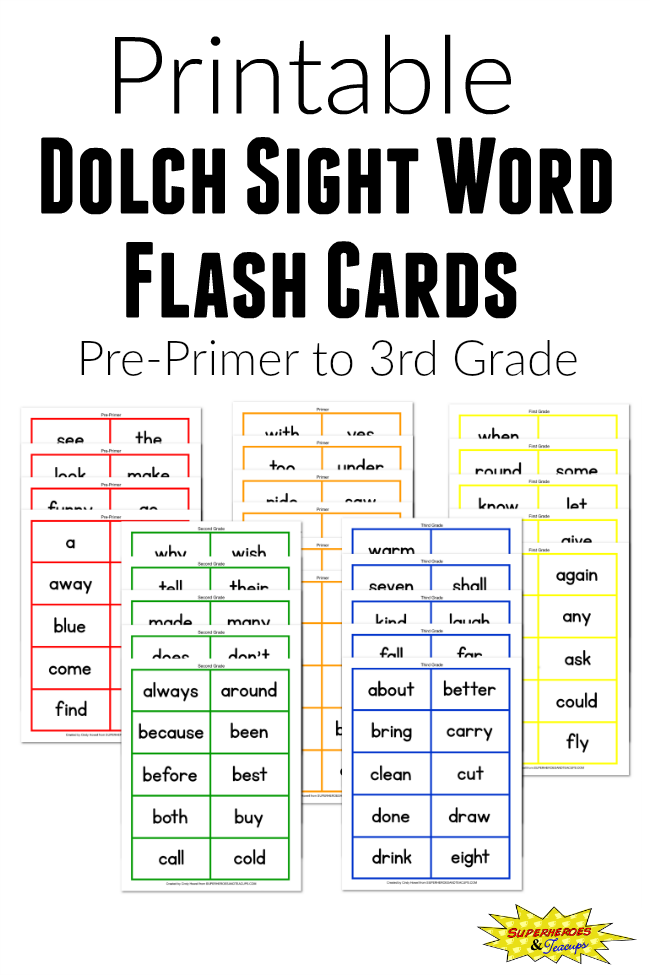 In a word, everything turned inside out: the normal word began to denote jargon, and the jargon is used in the sense of normal.
In a word, everything turned inside out: the normal word began to denote jargon, and the jargon is used in the sense of normal.
"Hooked on" - comes from the 90s. First there was the expression "sit on the needle." Then the metaphor was expanded: for example, Russia was accused of being hooked on the oil needle. Now no one remembers the needle, but the expression “get hooked” remains.
– A bunch of cute words – “sweets”, “hugs”, “utilizable”, “clever”, “my dear little man”…
– Words that irritate the male half of the population and are perceived by the female without pain. Although I personally know one brutal Caucasian, who works as an investigator, whose “utibozema” (that is, “Oh my God”) does not leave his tongue.
- The phrase "I heard you" sounds offensive: like "fuck off."
– “I heard you” for me is associated with psychological growth trainings. So psychologists made it clear that they not only caught the words, but penetrated into their deep meaning.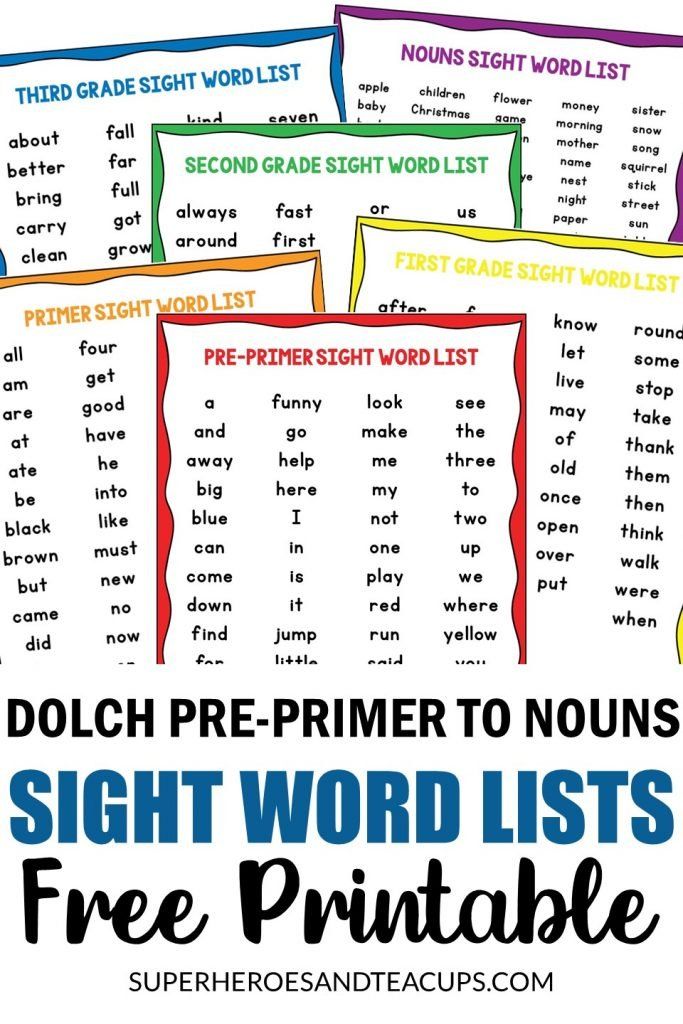 In general, terms from psychoanalysis began to be actively added to our speech. The characteristic “he has a lot of complexes” is given automatically, and ask the speaker to name at least one classical complex according to Freud - and he fades away.
In general, terms from psychoanalysis began to be actively added to our speech. The characteristic “he has a lot of complexes” is given automatically, and ask the speaker to name at least one classical complex according to Freud - and he fades away.
We also write here the words "sadist" and "masochist", which are used with or without reason, although these are purely psychiatric terms.
- But "take a course" (not about the ship) - does it annoy you?
– I can't say anything bad about navigation terms. After all, we use the “guiding star” metaphor, and this does not jar on anyone.
- There are extra words - "something like this", "bye-bye", "that's all."
- I like these rhythmic expressions that sound like a drum roll, even if there are a couple of extra words. The phrase “bye-bye”, of course, is a tracing paper from the English bye-bye. But the very word "bye" in the sense of "until we see you" was the first to be used by Dostoevsky, so all claims are against him.